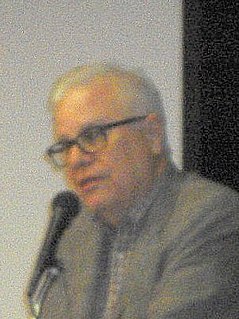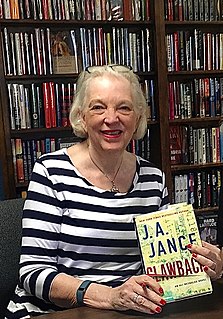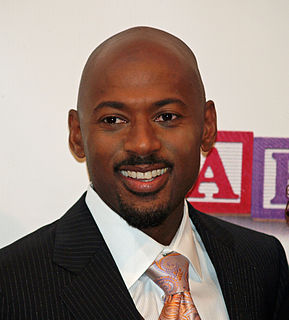A Quote by Jed Mercurio
I think once you do the unexpected, and you take the viewers to a position of discomfort about being able to rely on characters surviving, then it does completely affect the way in which the drama is viewed.
Related Quotes
I tend to see my characters from inside and outside at once; this is a technique I use to retain a slight distance. It means my characters can act in unexpected ways on two axes: physical and mental. It isn't just, 'I thought this and then I did this,' which is the technique of the modern psychological novel.
I don't know who they are[my characters] . They're entirely invented characters. Maybe that's how I've been able to write so many books, because there are no boundaries for me. I can write a completely fantastical story like "Swept Away" or "Blinded by the Light" and then a non-comic drama like "Chicxulub" or something like "Birnam Wood" that has autobiographical underpinnings. Why not?
One of the things I talk a lot about in my work that I try to practice - which is really hard - is in those moments where we're being asked to do things or asked to take over or asked to take care of something, we have to have the courage to choose discomfort over resentment. And to me, a huge part of my authenticity practice has been choosing discomfort and saying no.
When I'm in the process of making a movie I'm not thinking about the finished result, and whether people have to see it once or more than once, and what the reaction to it will be. I just make it, and then I live with the consequences, some of which may not be as pleasant as I'd like! I know one thing, however. Many viewers may come out of the theater not satisfied, but they won't be able to forget the movie. I know they'll be talking about it during their next dinner. I want them to be a little restless about my movies, and keep trying to find something in them.
There is a lot of hype about drama school, I think. If you're an actor in England, that's just the way to get into it but I've been so incredibly lucky in that I was brought up in to it. I still might go to drama school, if I wanted to do theater work, definitely. It's a completely different type of training.
I didn't expect to recover from my second operation but since I did, I consider that I'm living on borrowed time. Every day that dawns is a gift to me and I take it in that way. I accept it gratefully without looking beyond it. I completely forget my physical suffering and all the unpleasantness of my present condition and I think only of the joy of seeing the sun rise once more and of being able to work a little bit, even under difficult conditions.
It's a very organic kind of way that people are discovering it, by word of mouth, which I always think is the best way for things to grow. In terms of the affect it's been having on me, I don't even notice that. It's lovely to be able to talk about a piece of work that you're very proud of, that I think's a complex piece of work and not superficial and has depth to it.
My parents brought us up in a very clever way, which was that they saw what we were interested in naturally, and then they encouraged whatever that may be. When I started sharing a keen interest in drama and the theater, instead of steering me away from it, they encouraged me to see plays and think about drama school.







































